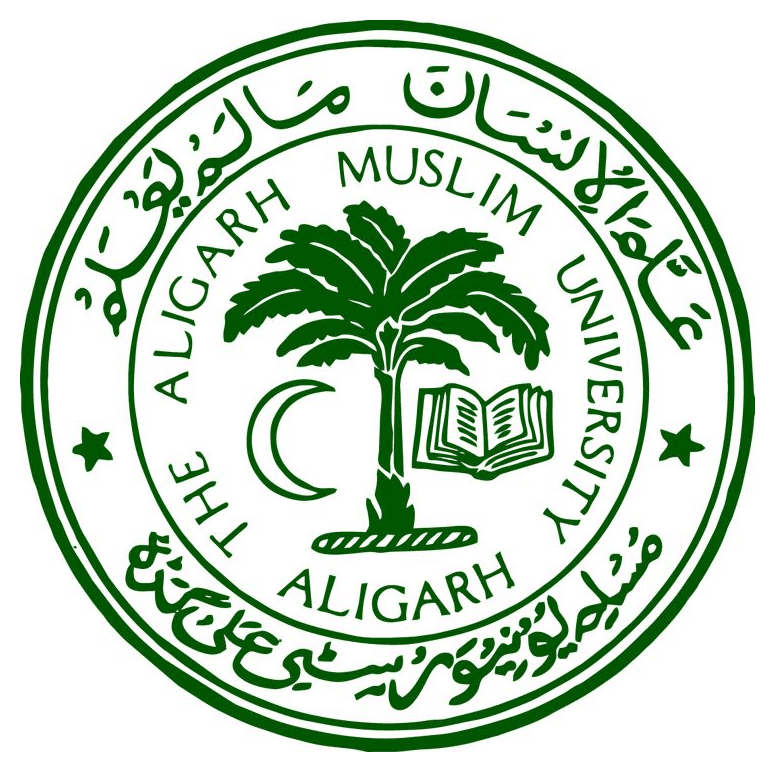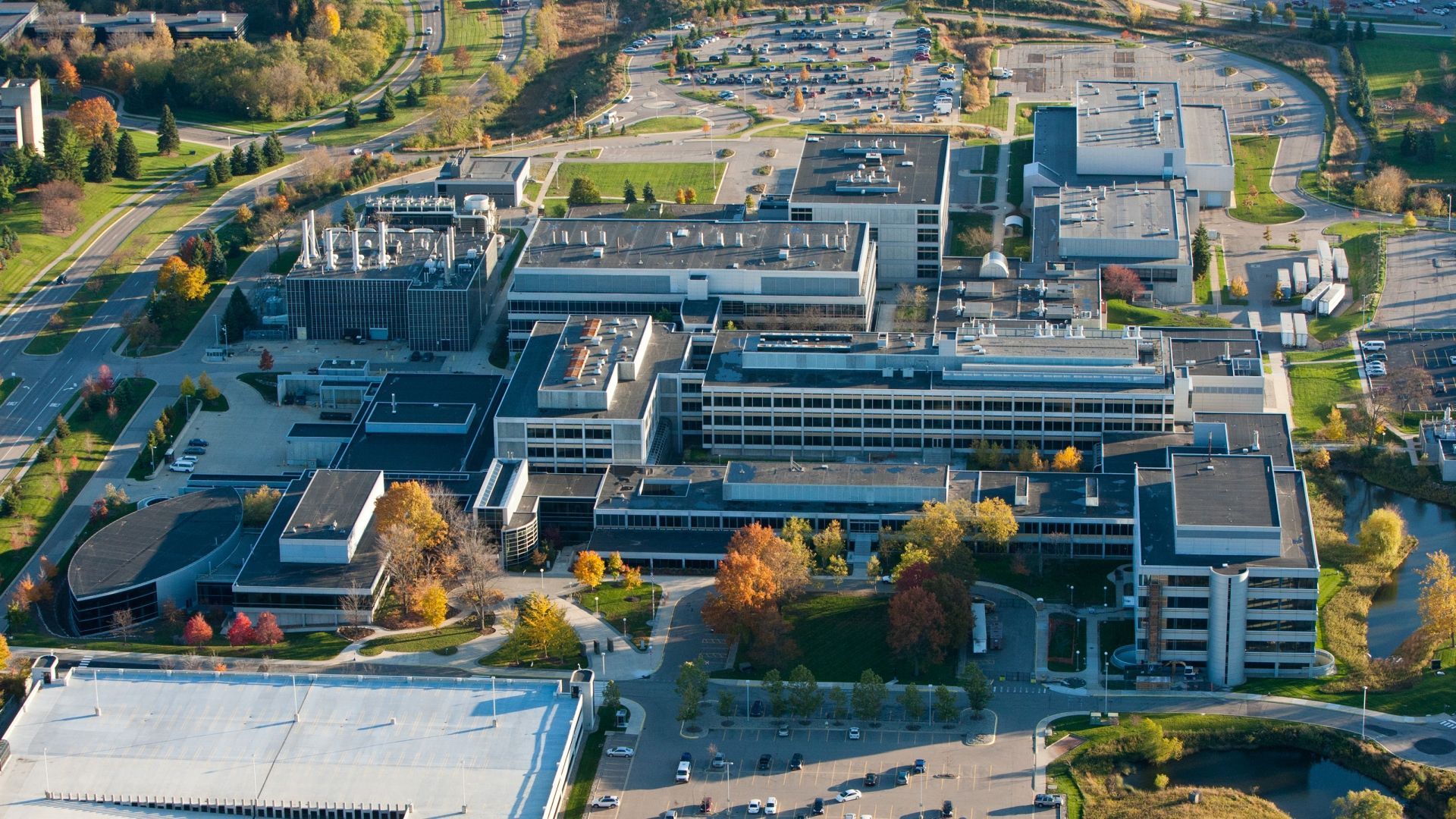
Aligarh Muslim University

Prof. Naima Khatoon (Vice Chancellor)
Summary
Aligarh Muslim University (AMU) is a stronghold of academic achievement founded on the revolutionary beliefs of Sir Syed Ahmad Khan. Founded in 1875 as the Muhammadan Anglo-Oriental College, its genesis was a response to the imperative need for modern education among Indian Muslims. Sir Syed's visionary approach was to create a foundation for an institution that would stand the test of time by integrating Western education with Islamic values.
An important turning point in India's educational history was the Aligarh Muslim University Act of 1920, which converted the Muhammadan Anglo-Oriental College into Aligarh Muslim University. The university's establishment represented an opportunity for belief and advancement, driven by the Muslim University Association's continuous efforts and strengthened by contributions from various people, both Muslim and non-Muslim.
AMU has been an epicentre of intellectual ferment and societal transformation. Weathering the tides of political change, including a shift towards support for the Pakistan Movement post-1939, AMU remained steadfast in its commitment to educational empowerment. Initiatives such as the pioneering efforts in women's education, led by prominent individuals such as Sheikh Abdullah, emphasised AMU's progressive ideology and dedication to diversity.
The university's vast campus, which is host to both modern amenities and buildings from the past, constitutes proof of its continued growth. Notable additions like the Zakir Husain College of Engineering and the Jawaharlal Nehru Medical College have strengthened its academic fabric and solidified its position as a centre for innovation and learning.
AMU's legacy continues on via its constant aim to promote excellence, creativity, and service to society, even outside of its hallowed walls. The university is steadfast in its pursuit of academic excellence and cultural preservation.
Today, AMU stands as a beacon of hope and enlightenment, inspiring generations to embrace knowledge, bridge divides, and forge a brighter tomorrow for India and the world.
History
During the chaos of colonial India, Sir Syed Ahmad Khan regarded education as the path to enlightenment and laid the foundation for the future Aligarh Muslim University (AMU). He founded the Muhammadan Anglo-Oriental College in 1875, during the aftermath of the Indian War of Independence. A leading Muslim reformer, Sir Syed understood that Indian Muslims had adopted modern education promptly given the changing realities of colonialism.
Sir Syed had a revolutionary vision that aimed to bring together Western knowledge with Islamic ideals. The Muhammadan Anglo-Oriental College provided a residential study environment, defying accepted educational agreements and taking inspiration from Oxford and Cambridge. It emerged as a centre of education, producing a generation of educated Indian Muslims that would go on to shape the development of their country.
The Aligarh Muslim University Act of 1920 marked a turning point in the institution's history by granting university status. This change represented an achievement of enlightenment and extended the institution's influence beyond its student body. With the establishment of prestigious institutions like the Jawaharlal Nehru Medical College and the Zakir Husain College of Engineering, AMU's progress was accelerated and its reputation as a top educational hub was secured.
AMU now serves as an actual example of Sir Syed's ambition, combining academic quality with rich cultural traditions. Echoing the ongoing legacy of its maker, its history highlights the revolutionary power of information to affect the destiny of nations.
Courses
Aligarh Muslim University (AMU) offers a diverse range of courses across various disciplines, reflecting its commitment to academic excellence and holistic education. With its rich history and renowned faculty, AMU provides students with opportunities for intellectual growth and professional development. Here's an overview of some of the key courses offered at AMU:
Engineering and Technology: AMU's Zakir Husain College of Engineering and Technology offers undergraduate and postgraduate programs in disciplines such as Civil Engineering, Mechanical Engineering, Electrical Engineering, Electronics Engineering, and Computer Engineering. The curriculum emphasises both theoretical knowledge and practical skills, preparing students for careers in diverse industries.
Medical Sciences: The Jawaharlal Nehru Medical College at AMU is renowned for its medical programs, including Bachelor of Medicine and Bachelor of Surgery (MBBS) and various postgraduate degrees in specialities like Pediatrics, Surgery, Obstetrics, and Gynecology. The college is equipped with state-of-the-art facilities and provides clinical training in affiliated hospitals.
Humanities and Social Sciences: AMU offers a wide array of courses in humanities and social sciences, including Bachelor's and Master's programs in subjects like History, Economics, Political Science, Sociology, and Psychology. These programs provide students with a deep understanding of societal issues and cultural dynamics, fostering critical thinking and analytical skills.
Science: The Faculty of Science at AMU provides undergraduate and postgraduate degrees in disciplines such as Physics, Chemistry, Mathematics, Statistics, and Biotechnology. The curriculum integrates theoretical concepts with practical applications, preparing students for careers in research, academia, and industry.
Law: The Faculty of Law offers undergraduate and postgraduate programs in law, including Bachelor of Laws (LL.B) and Master of Laws (LL.M). The courses cover various aspects of legal studies, including constitutional law, criminal law, corporate law, and international law, preparing students for legal practice and advocacy.
Management and Commerce: AMU's Faculty of Management Studies and Research offers programs in management and commerce, including Bachelor of Business Administration (BBA) and Master of Business Administration (MBA). The curriculum emphasises leadership, entrepreneurship, and strategic management, equipping students with skills for success in the business world.
Islamic Studies: As a premier institution of Islamic learning, AMU offers courses in Islamic Studies at both undergraduate and postgraduate levels. These programs cover topics such as Quranic studies, Hadith, Islamic jurisprudence, and Islamic history, providing students with a comprehensive understanding of Islamic principles and traditions.
Global MBA rankings
Global Rankings:
- ARWU (2022): 801–900
- QS World (2023): 1001–1200
- QS Asia (2023): 271–280
- Times World (2023): 801–1000
- Times Asia (2022): 201–250
- Times Emerging (2022): 251–300
Job integration rate
In 2023, the BTech and MBA median packages stood at INR 6 LPA and INR 5.26 LPA, respectively. The placement rates for BTech and MBA were 82% and 84%, respectively. Furthermore, AMU witnessed successful placements with students securing faculty positions at IB Global Academy, Gurugram. While the MBA median package saw a slight decrease from the previous year, the BTech median package experienced a notable increase, indicating positive trends in job integration and opportunities for AMU graduates across various sectors.
Read More:
General information
- About Us | History | Aligarh Muslim University
- Aligarh Muslim University | Wikipedia
- Aligarh Muslim University (AMU): Courses, Fees, Admission 2024, Placements, Ranking, Eligibility | Shiksha
- Aligarh Muslim University (AMU): Admissions 2024, Courses, Fees, Cutoff, Result, Placements | Collegedunia
- Aligarh Muslim University | World University Rankings | THE
- THE ALIGARH MUSLIM UNIVERSITY ACT, 1920 | Indian Act
- About Aligarh Muslim University | QS Top Universities
- Aligarh Muslim University | US News & World Report
- Aligarh Muslim University, India | Google Developer Student Clubs
- Aligarh Muslim University Gets 1st Woman Vice-Chancellor In Over 100 Years | NDTV
- Aligarh Muslim University Centre, Murshidabad: Admission, Courses, Fees, Placements | Careers360
- Aligarh Muslim University Case: A historical counter | Supreme Court Observer
- Who is Naima Khatoon, first woman Vice Chancellor of Aligarh Muslim University in 100 years? | Live Mint
- Aligarh Muslim University, Aligarh, Aligarh | Indian Council of Agricultural Research
Explore the latest data on Business, Industry Leaders and Influencers, Organizations, Education, and Investors to stay informed and ahead.

Prof. Naima Khatoon (Vice Chancellor)
